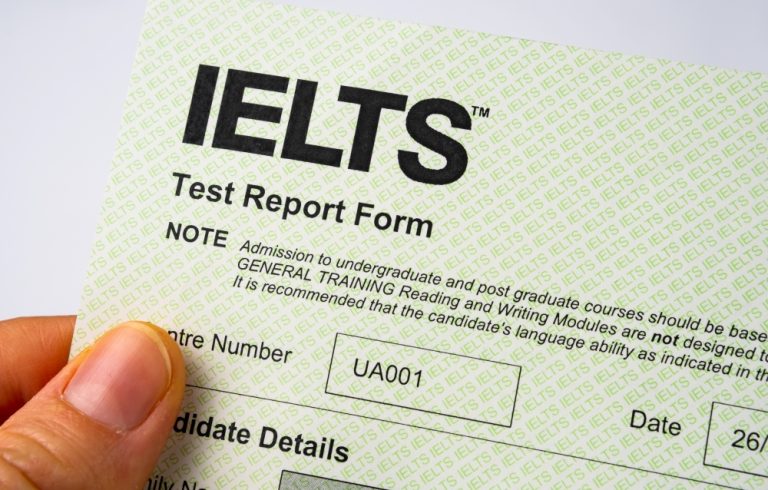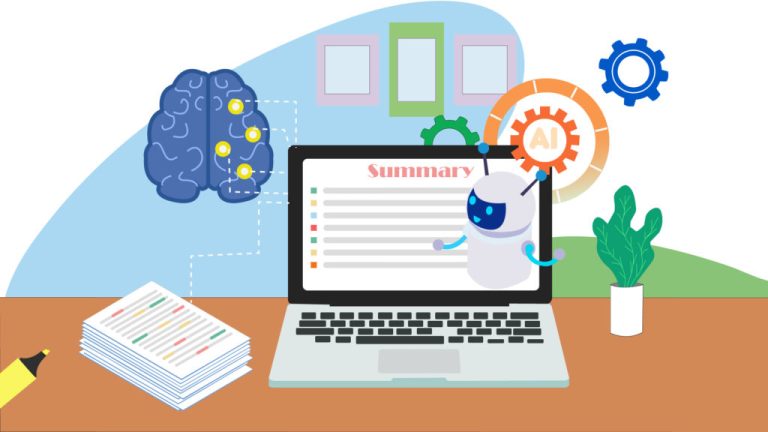Benefits of Using an Educational Portal for Student Success
Educational portals have revolutionized the way students learn and educators teach by providing a centralized platform for accessing resources, engaging in interactive activities, and collaborating with peers and instructors. These portals offer numerous benefits that contribute to student success and academic achievement. Here are some key advantages of using an educational portal:
1. Access to Diverse Learning Resources
Educational portals offer access to a wide range of learning resources, including digital textbooks, articles, videos, interactive tutorials, simulations, and online courses. Students can explore various topics, subjects, and learning materials at their own pace, catering to their individual interests, preferences, and learning styles.
2. Personalized Learning Experiences
Many educational portals provide personalized learning experiences tailored to individual student needs, preferences, and abilities. Through adaptive learning algorithms, pre-assessments, and recommendation engines, students receive customized learning pathways that address their strengths and weaknesses, fostering deeper understanding and mastery of content.
3. Enhanced Engagement and Motivation
Educational portals engage students through interactive activities, multimedia content, and gamified learning experiences that promote active participation and motivation. Features such as quizzes, games, simulations, and virtual labs make learning fun and engaging, motivating students to invest time and effort in their studies.
4. Collaboration and Communication
Educational portals facilitate collaboration and communication among students, educators, and peers through discussion forums, virtual classrooms, group projects, and collaborative workspaces. Students can share ideas, ask questions, receive feedback, and work together on assignments, promoting teamwork, critical thinking, and social skills.
5. Flexibility and Accessibility
Educational portals offer flexibility and accessibility, allowing students to access learning resources and participate in activities anytime, anywhere, and on any device with an internet connection. Whether at home, in school, or on the go, students can engage in learning activities that fit their schedules and accommodate their diverse learning needs and preferences.
6. Continuous Feedback and Assessment
Educational portals provide students with continuous feedback and assessment opportunities through quizzes, assignments, and interactive activities. Students receive immediate feedback on their progress, performance, and understanding, enabling them to identify areas for improvement and take corrective action to enhance their learning outcomes.
7. Empowerment and Ownership of Learning
Educational portals empower students to take ownership of their learning by providing them with autonomy, choice, and control over their educational experiences. Students can set learning goals, track their progress, and pursue their interests and passions through self-directed study, fostering independence, self-confidence, and lifelong learning habits.
8. Support for Differentiated Instruction
Educational portals support differentiated instruction by offering diverse resources, tools, and activities that accommodate students with varying learning needs, abilities, and preferences. Educators can personalize instruction, provide targeted interventions, and adapt learning materials to meet the diverse needs of students, ensuring equitable access and opportunities for all learners.
Conclusion
In conclusion, educational portals offer numerous benefits for student success and academic achievement by providing access to diverse learning resources, personalized learning experiences, enhanced engagement and motivation, collaboration and communication opportunities, flexibility and accessibility, continuous feedback and assessment, empowerment and ownership of learning, and support for differentiated instruction. By leveraging the features and capabilities of educational portals, students can maximize their learning potential, develop essential skills, and achieve their academic goals effectively.






